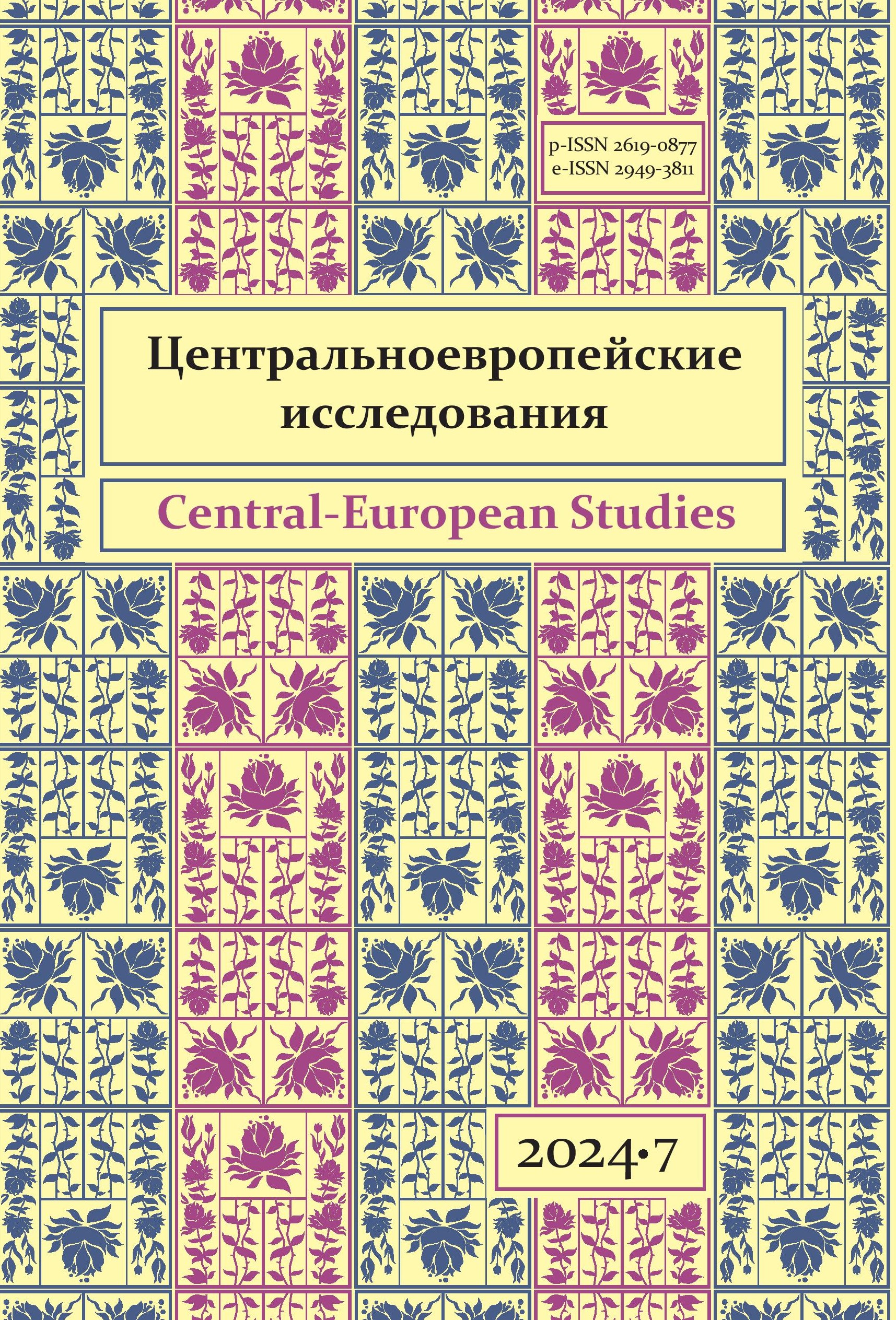Attempts to Restore the Power of Charles Habsburg in Hungary in 1921: The Position of French Diplomacy
DOI:
https://doi.org/10.31168/2619-0877.2024.7.4Keywords:
Aristide Briand, Miklós Horthy, Quai d’Orsay, Central and Eastern Europe, “sanitary cordon”, Danubian confederation, monarchyAbstract
Contemporaries have expressed contradictory opinions about the line of behaviour taken by Paris during the two attempts at Habsburg restoration in Hungary in 1921 (especially the first one), and the historians’ interpretations were not unified, either. This article aims to analyse the position of French diplomacy during the attempted restoration of Charles I Habsburg’s power, and to identify the key influential factors. The article is based on a corpus of published and archival documents characterising the activities of the central apparatus of the Foreign Ministry of the Third Republic, the French High Commissioner in Budapest, Maurice Fouchet, and a number of diplomatic missions. The author concludes that the stance of French diplomacy was ambiguous. On the one hand, there was a “hard core” which defined the “red lines” regarding Hungary. Paris did not want to radically worsen its relations with partners from the Big and the Little Entente because of the “Hungarian question”; the latter was not supposed to provoke a wide scale instability in East-Central Europe, and the basic parameters of the Versailles regulation had to be preserved. The potential benefits of the Habsburg restoration did not outweigh the foreign policy costs, and, most importantly, putting these benefits into practice could only take place in the case of Charles' successful actions. On the other hand, French diplomats did not rule out that the return of the Habsburgs to power could have some favourable consequences for France, including reducing the risks of Hungary's gravitation towards Germany and creating a possible ground for Austro-Hungarian rapprochement as an alternative to an Anschluss. Finally, the government of Aristide Briand added some volatility to Paris’ position, which, however, remained far from offering any really serious support to Charles’ endeavours.



